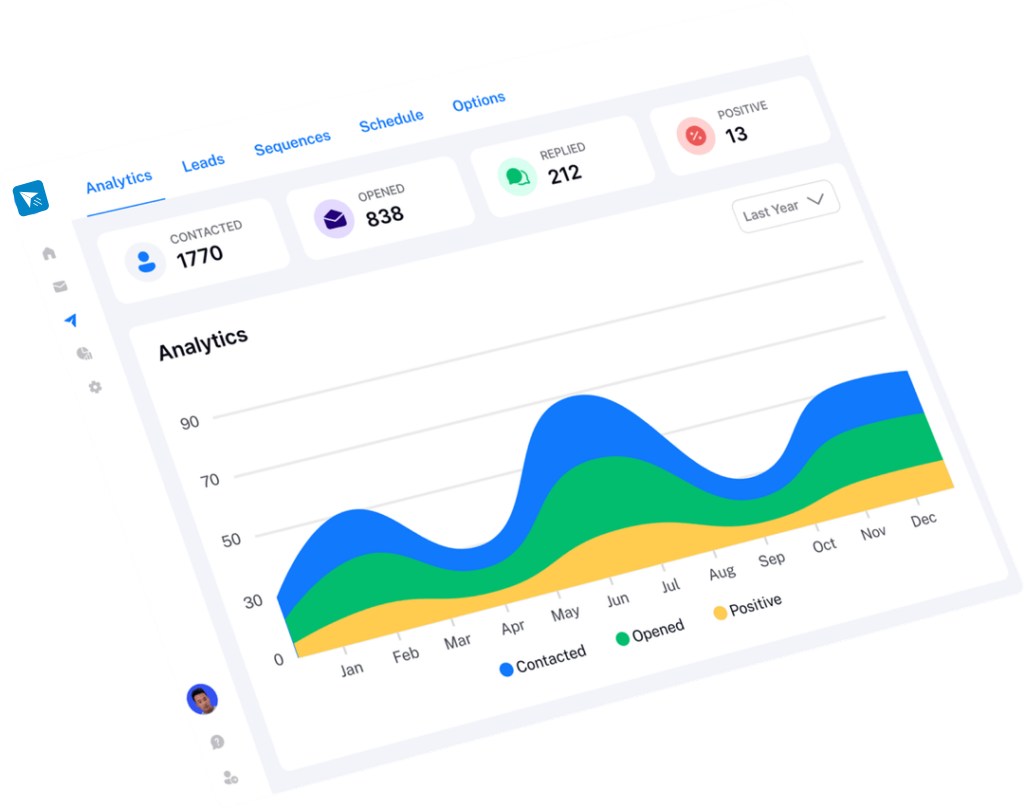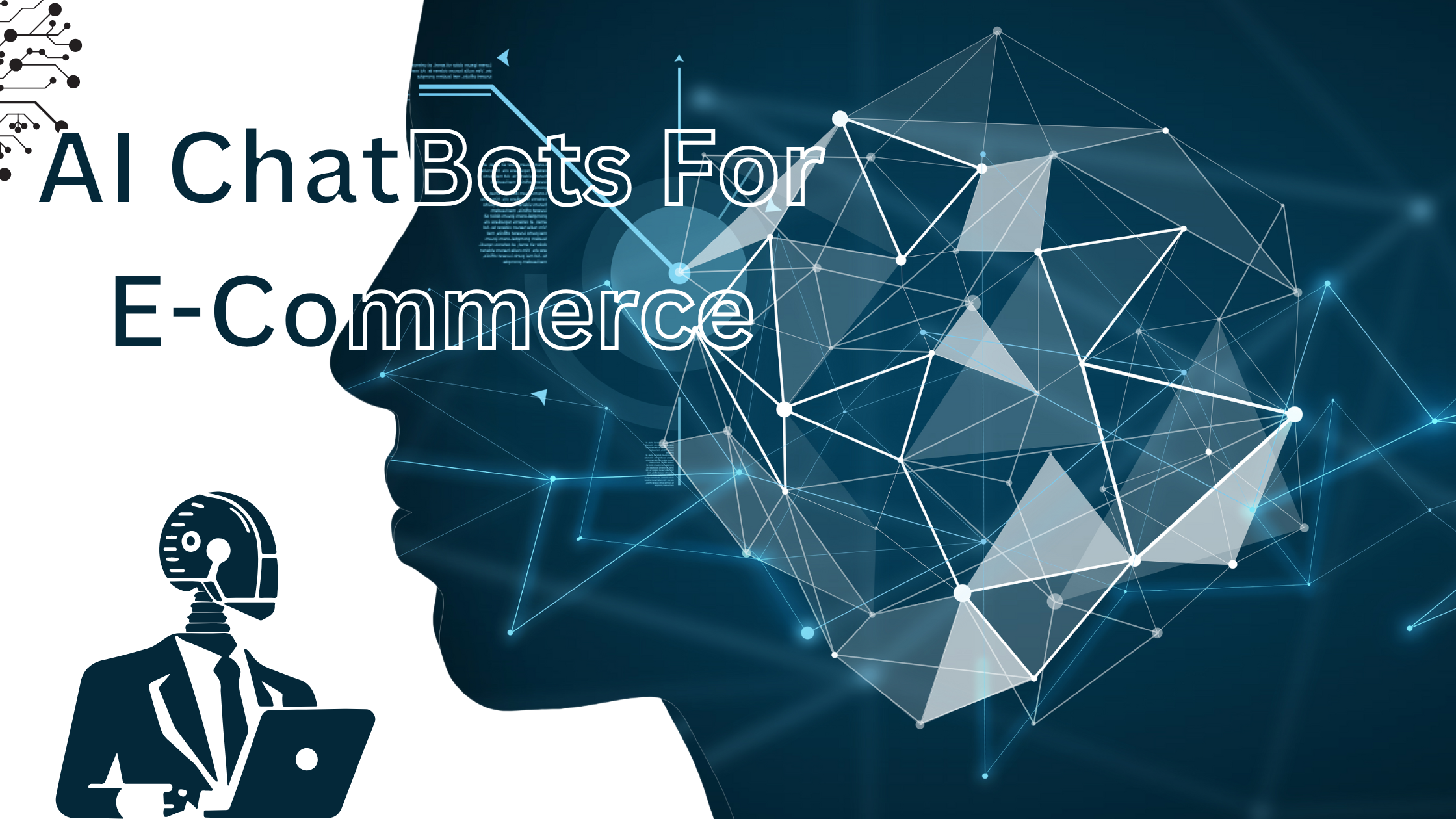What are AI Agents? AI agents have become the basic drivers of innovation and efficiency in a fast-technologically evolving world. These advanced systems are transforming industries in several aspects through the replacement of human tasks, but what are AI agents, and how do they work? This blog talks about AI agents, types, applications, benefits, and the possibilities of seeing the future shape up.
What Are AI Agents?
An AI agent may be defined as a software program designed to execute predefined tasks autonomously. They make use of artificial intelligence technologies such as machine learning, natural language processing, and data analytics to mimic the human cognitive process. Essentially, one could think of an AI agent as a “virtual agent” capable of making decisions, learning from experience, and interacting intelligently with humans or other systems.
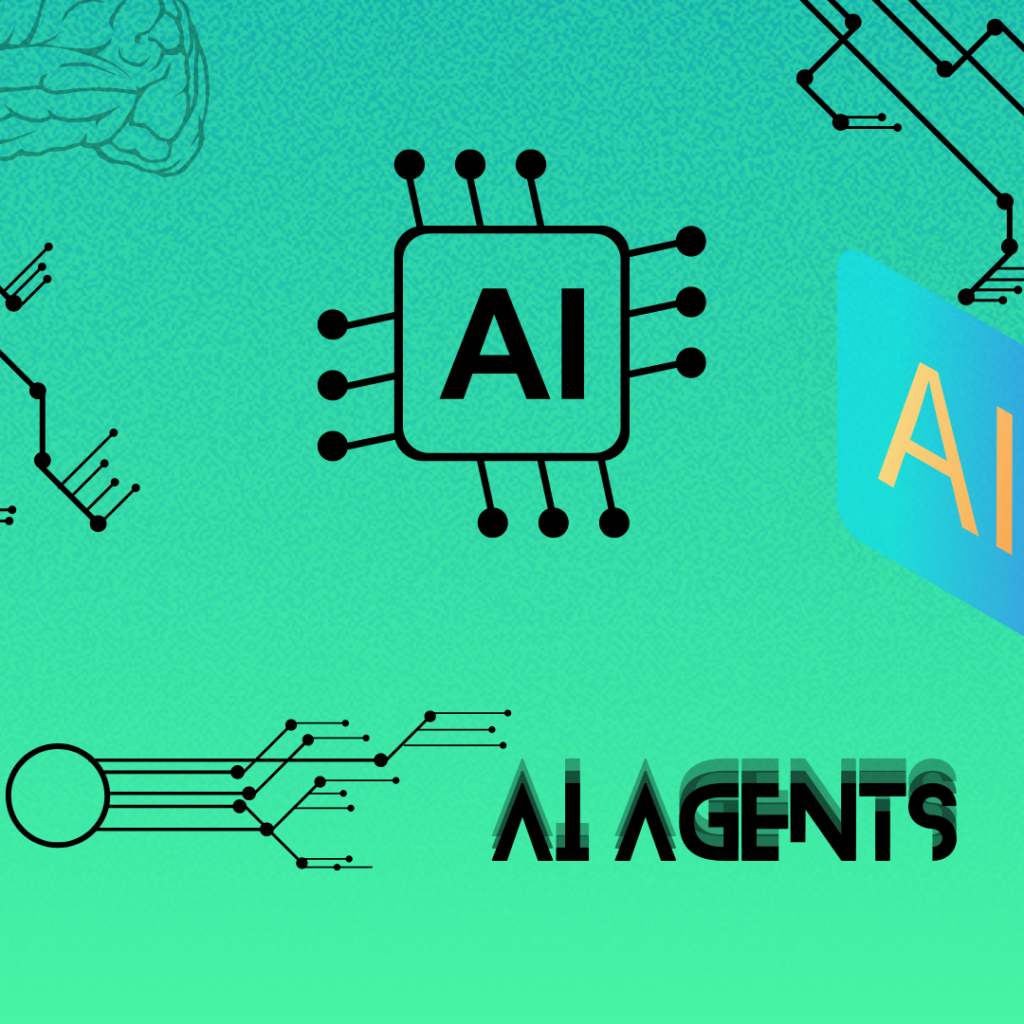
Types of AI Agents
- Reactive Agents: It is the simplest form of AI agents that make their decisions in response to tokens or stimuli from their environment. It works by following rules and is mostly applied in situations where decision-making is not necessary. Consider, for instance, a responsive customer service chatbot with responses predefined according to the user’s queries; then it would be a reactive agent.
- Deliberative Agents: Rather contrary to the traits of a reactive agent, the deliberative agent can do high-order reasoning and planning. They can assess options against goals and objectives and make decisions based on that; perform actions based on that, and hence change over time. Often, such agents achieve tasks with the use of techniques such as knowledge representation and planning algorithms. For example, a deliberative agent would be a virtual personal assistant who sets up meetings or handles tasks in the order preferred by the user.
- Hybrid Agents: These agents can combine some of the properties of the above two approaches and hence are suitable to execute many various operations, ranging from simple to complex. They make use of reactive capabilities in simple tasks and deliberate capabilities wherever complex decision-making is necessary. For example, AI sales assistants will be hybrid agents if they automate routine customer queries but analyze the sales data to present strategic recommendations.
Applications of Artificial Intelligence Agents
The applications of AI agents in industry spread to quite a broad spectrum. The prominent ones follow.
- Customer Service: AI agents have lent added power to customer service in terms of fast, accurate, and highly personalised responses. Chatbots and virtual assistants could do so much with a wide line of inquiries from the customer about the product to troubleshooting and could make a huge difference in response time and improvement in customer satisfaction.
- Healthcare: Running diagnostic, treatment plans, and patient management activities. AI-based systems, through analysing medical records, find patterns and assist doctors in prescribing better treatment options for improved outcomes.
- Finance: AI agents are booming in the financial sector and automating everything from fraud detection to risk assessment and customer support. They can evaluate transaction patterns and identify, in real-time, anomalies, increasing the security and efficiency of financial operations.
- E-commerce: AI agents in the e-commerce sector are making the shopping experience better by suggesting personalised products and inventory and price strategy management. And chatbots can answer the FAQs on the site and make the experience even better.
- Education: AI agents are increasingly providing access to education and personalisation. They are competent enough to offer one-to-one sessions with students for learning, assess student performance, and provide relevant feedback to the educators for solving individual needs and shaping education results.
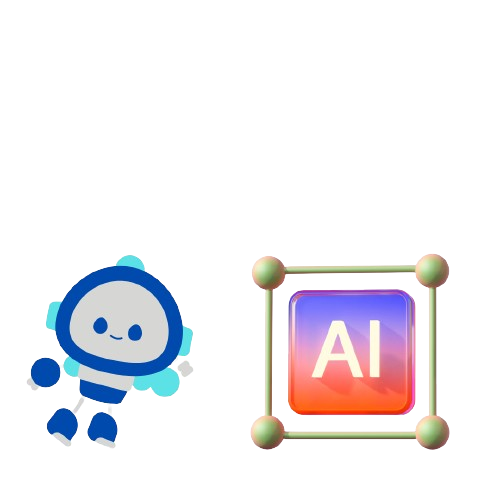
Advantages of AI Agents
- Efficiency and Automation: The AI agents automate the routine and monotonous work so that more human resources can be directed towards the more complex and creative activities. Automation therefore increases productivity and decreases the cost of operation.
- 24×7 Availability: AI agents, unlike human agents, can pick up and work incessantly without breaks or downtimes. This helps in keeping services available at all times for customers, thereby making sure better customer experience and support. Chatbots are perfect examples of this.
- Personalisation: AI bots scan users’ data and their preferences to help provide personalised experiences. Be it recommendations of products, tailoring a response, or customized content, AI engages and satisfies users in a much better way.
- Data Analysis: AI agents can process and analyse reams of data much faster with higher accuracy. They can spot trends, deduce insights, and drive data-based decisions immensely useful for businesses to make informed strategic choices.
- Scalability: Since artificial intelligence agents can process a high volume of interactions all at the same time, they exhibit very good scalability in operations. Be it customer queries or processing transactions, AI agents can easily handle growing demands without loss of performance.
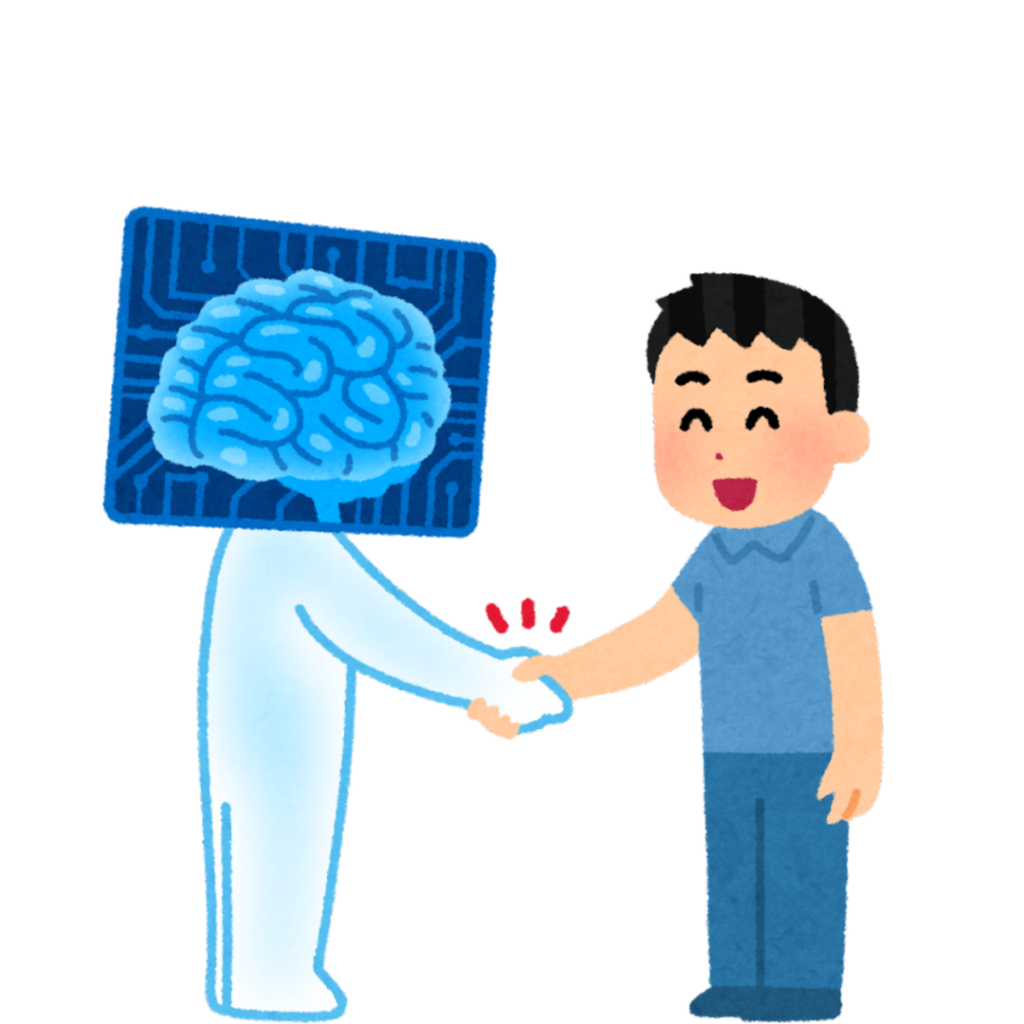
Challenges and Considerations
While AI agents bring several benefits, they also raise certain challenges and considerations:
- Ethical Concerns: AI agents also raise major concerns related to the privacy, security, and transparency of the given data.
- Bias and Fairness: AI agents are only as good as their training data. If the data input that trains them is biased, this gets transferred and further reaffirmed in the decisions of the AI agent.
- Dependence and Human Interactions: Over-reliance on AI agents reduces human interaction and involvement. It should thus seek to strike a good balance between the level of automation and human involvement to retain meaningful contact.
- Constant Improvement: Constant maintenance and fine-tuning are required by AI agents to respond to dynamic environments and users.
Conclusion
AI agents represent an area very rich in innovation. They are quite sound in terms of automation, user experience, and business growth. An in-depth understanding of the types, applications, and benefits associated with AI will form one basis for eliciting potentials toward their revolutionizing industries and bettering daily life. More importantly, being informed and embracing these advancements as the landscape changes will be essential.
